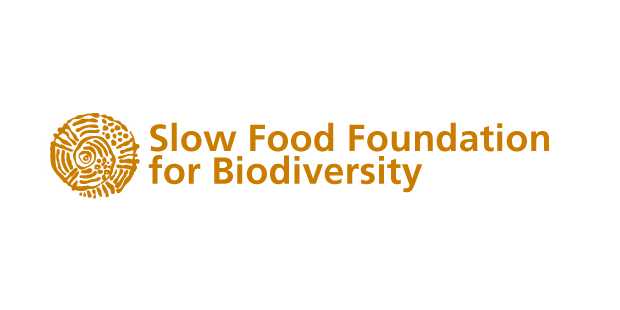A sip of coffee is a journey of taste and knowledge though distant countries and communities. Today we take you to Uganda, to discover the Slow Food network and the work it is doing to protect the traditional varieties of robusta coffee that still grow in the country.
Uganda is the homeland of robusta coffee (Coffea canephora), so called because it is more resistant to disease. Full-bodied and bitter, it is particularly appreciated in Italy.
Uganda is the biggest producer in Africa, and the second-biggest for coffee in general, after Ethiopia. For centuries, small family farms harvested and processed the two varieties that grew wild on their land: Kisansa and Nganga.
At the start of the 20th century, however, government policies chose to prioritize the export of more productive hybrid varieties of robusta (with arabica imported from Ethiopia and Malawi).
A widespread “disinformation” campaign was launched, telling the public not to drink coffee because it was harmful to the health. Was this the end for Kisansa and Nganga? Not exactly. The family farmers continued to produce these indigenous varieties for themselves, saving them from extinction.
In 2011, the Slow Food network, in collaboration with the Slow Food Foundation for Biodiversity, decided to work to identify the two traditional varieties, and launched a Presidium for robusta coffee from Luwero.
There are now 70 producers, who have organized themselves into a cooperative and who work to improve the coffee’s sensory quality so that there can once again be a market for it. Slow Food is also working with various food communities who protect traditional varieties of arabica coffee.
Now the Presidium, along with these communities, in collaboration with Slow Food Uganda, NGOs and other associations and thanks to the support of Intesa San Paolo, has created the first Slow Food coffee festival in Uganda, held at the end of October in Zirobwe, in the district of Luwero.
Coffee in Uganda: Our Culture, Our Heritage, Our Economy was the theme of the event, which celebrated the country’s coffee culture and its native varieties.
The Presidium producers and 27 small-scale coffee growers from nine Terra Madre food communities, along with coffee roasters, took part in debates and workshops to discuss agronomy, cooperative development, hygiene practices and the socio-cultural role of coffee.
A number of coffee retailers were also present with a stand, including Eco Shamba, a small business started in 2013 by Saleh Naminya, in the Mbale region.
Saleh, a teacher, had participated in Terra Madre, where he was able to visit Piedmontese coffee roasteries and bed and breakfasts. This led to the idea.
“I arrived in Turin to take part in a conference on the 10,000 Gardens in Africa, and I left with a plan for the future: to open a place for promoting, tasting and consuming coffee from small-scale producers,” he told us.
“At first I had only a small room, a counter, a machine for grinding and making coffee, a few chairs and some small tables. Choose growers who are local and good quality, I told myself. Start small, then gradually you’ll grow.”
Now Eco Shamba is not only a café but also a restaurant, a bed and breakfast, a venue for live music shows and a gym, and encourages responsible tourism.
“1.3 million family-run coffee plantations guarantee the livelihoods of five and a half million Ugandans,” explains Edie Mukiibi, vice-present of Slow Food and the coordinator of Slow Food activities in Uganda.
“However, the producers are among the poorest in the country and their work is not properly valued. Only a dialog between communities, organizations and the government can protect the producers and so defend the biodiversity of these crops.”
















